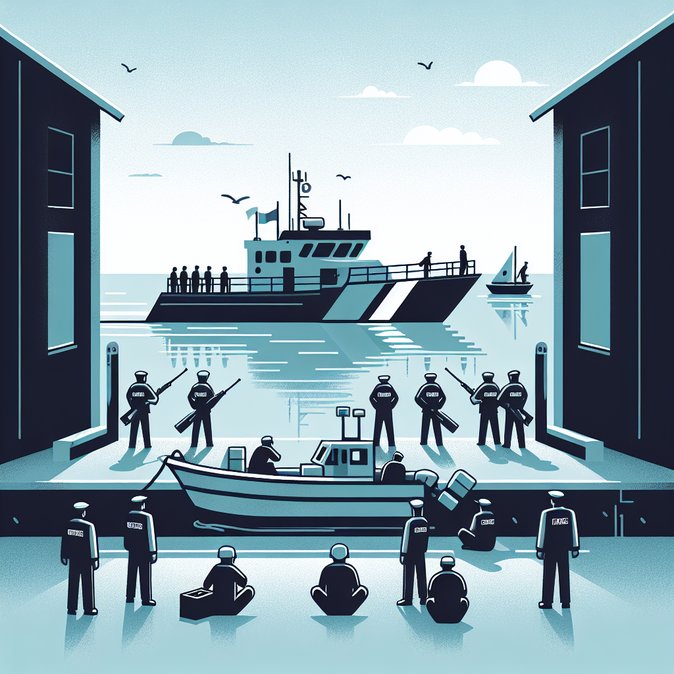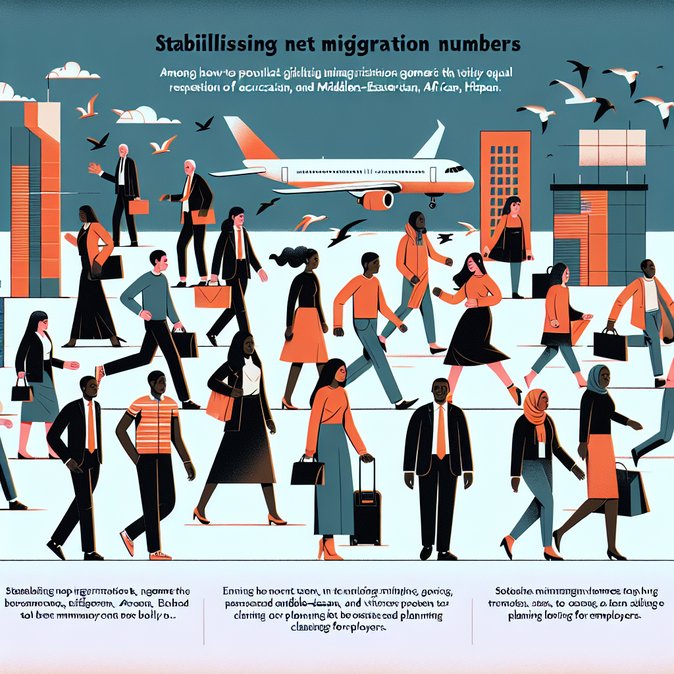
The Public and Commercial Services (PCS) union confirmed on 27 November that more than 120 Border Force Maritime officers will stage a 12-hour strike on 1 December. The action follows a walk-out earlier this month that left several patrol vessels inactive and is rooted in a six-year dispute over frozen specialist allowances and changes to terms and conditions.
Maritime officers are responsible for intercepting small-boat crossings, boarding vessels for immigration checks, and collaborating with special-forces units on counter-terrorism and drug-smuggling. PCS said 96 % of members voted for further strikes, signalling deep frustration at stalled pay negotiations.
![Border Force Maritime Officers Announce 1 December Strike, Raising Channel Security Concerns]()
The walk-out comes as small-boat arrivals remain politically sensitive despite lower overall migration figures. Home Office contingency plans include redeploying shore-based staff and chartering private craft, but insiders warn that capability gaps could slow response times and increase safety risks in the English Channel.
For global mobility and travel managers the immediate impact is minimal—commercial ports and airports are unaffected—but prolonged maritime unrest could delay freight shipments and heighten scrutiny of cross-channel movements. Businesses moving high-value goods through Dover or Southampton should monitor Border Force advisories and consider alternative routing for time-critical consignments.
PCS says further dates are possible if no offer emerges. The Home Office insists allowances are under review but warns that budget pressures from rising asylum costs limit scope for concessions.
Maritime officers are responsible for intercepting small-boat crossings, boarding vessels for immigration checks, and collaborating with special-forces units on counter-terrorism and drug-smuggling. PCS said 96 % of members voted for further strikes, signalling deep frustration at stalled pay negotiations.

The walk-out comes as small-boat arrivals remain politically sensitive despite lower overall migration figures. Home Office contingency plans include redeploying shore-based staff and chartering private craft, but insiders warn that capability gaps could slow response times and increase safety risks in the English Channel.
For global mobility and travel managers the immediate impact is minimal—commercial ports and airports are unaffected—but prolonged maritime unrest could delay freight shipments and heighten scrutiny of cross-channel movements. Businesses moving high-value goods through Dover or Southampton should monitor Border Force advisories and consider alternative routing for time-critical consignments.
PCS says further dates are possible if no offer emerges. The Home Office insists allowances are under review but warns that budget pressures from rising asylum costs limit scope for concessions.


